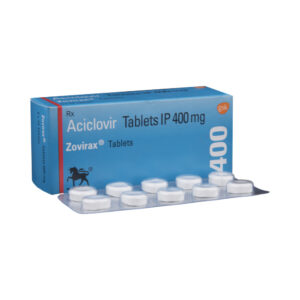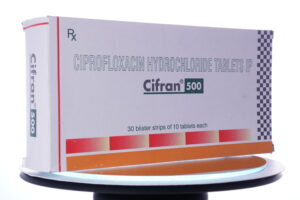Clomifene Information
What is this drug used for?
• It is used to help women get pregnant.
• It may be given to you for other reasons. Talk with the doctor.
Possible side effects
Clomifene may cause side effects. Tell your doctor if any of these symptoms are severe or do not go away:
• Hot flashes.
Some side effects can be serious. If you experience any of these symptoms, call your doctor immediately or get emergency medical treatment:
• Signs of an allergic reaction, like rash; hives; itching; red, swollen, blistered, or peeling skin with or without fever; wheezing; tightness in the chest or throat; trouble breathing, swallowing, or talking; unusual hoarseness; or swelling of the mouth, face, lips, tongue, or throat.
• Signs of a pancreas problem (pancreatitis) like very bad stomach pain, very bad back pain, or very bad upset stomach or throwing up.
• Very bad dizziness or passing out.
• Swelling, warmth, numbness, change of color, or pain in a leg or arm.
• Eyesight changes, like blurred eyesight or seeing spots or flashes, may happen. They may show up or get worse in bright light. The chance that this will happen is greater in people who take this drug in higher doses or for a long time. Eyesight most often gets back to normal when the drug is stopped. The changes may be long-lasting or may not go away even after the drug is stopped. Use care when driving or doing other tasks that call for clear eyesight. Call your doctor right away if you have a change in eyesight.
• Ovarian hyperstimulation syndrome (OHSS) is a severe side effect that may happen in some women who use this drug. Call your doctor right away if you have severe stomach pain or bloating; very upset stomach, throwing up, or diarrhea; a big weight gain; shortness of breath; or change in how much urine is passed.
Medication Safety Issues
Sound-alike/look-alike issues:
ClomiPHENE may be confused with clomiPRAMINE, clonidine
Clomid may be confused with clonidine
Serophene may be confused with Sarafem
Storage/Stability
Store at room temperature of 15°C to 30°C (59°F to 86°F). Protect from light, heat, and excessive humidity.
Adverse Reactions
>10%: Endocrine & metabolic: Ovary enlargement (14%)
1% to 10%:
Central nervous system: Headache (1%)
Endocrine & metabolic: Hot flash (10%)
Gastrointestinal: Abdominal distention (≤6%), abdominal distress (≤6%), bloating (≤6%), nausea (≤2%), vomiting (≤2%)
Genitourinary: Breast disease (discomfort: 2%), abnormal uterine bleeding (1%)
Ophthalmic: Visual disturbance (2%)
<1%, postmarketing/case reports: Accommodation disturbance, acne vulgaris, alopecia, anxiety, arthralgia, back pain, cardiac arrhythmia, cataract, cerebrovascular accident, chest pain, constipation, depression, dermatitis, diarrhea, dizziness, dry hair, dyspnea, ectopic pregnancy, edema, endometriosis, endometrium disease (reduced thickness), erythema, erythema multiforme, erythema nodosum, eye pain, fatigue, fever, hepatitis, hypersensitivity reaction, hypertension, hypertrichosis, hypertriglyceridemia, increased appetite, increased serum transaminases, increased urine output, insomnia, irritability, leukocytosis, macular edema, migraine, mood changes, myalgia, neoplasm, nervousness, optic neuritis, ovarian cyst, ovarian hemorrhage, ovarian hyperstimulation syndrome, palpitations, pancreatitis, paresthesia, phlebitis, photopsia, pruritus, psychosis, pulmonary embolism, retinal hemorrhage, retinal thrombosis, retinal vascular spasm, seizure, severe abdominal pain, skin rash, syncope, tachycardia, thrombophlebitis, thyroid disease, tinnitus, urinary frequency, urticaria, uterine hemorrhage, vaginal dryness, vertigo, vision loss (temporary/prolonged), vitreous detachment (posterior), weakness, weight gain, weight loss
–






